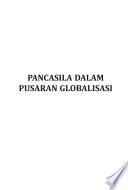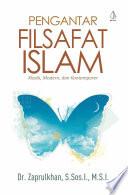Implementation and Case Studies
The International Handbook of e-Learning, Volume 2 provides a comprehensive compendium of implementation and practice in all aspects of e-learning, one of the most significant ongoing global developments in the entire field of education. Covering the integration, challenges, implications, and context-appropriate use of open education networks, blended learning, mobile technologies, social media, and other platforms in a variety of unique international settings, these thirty contributions illustrate the wide-ranging applications and solutions made possible by this rapidly growing new paradigm. Case studies are driven by empirical research and attention to cultural specificity, while future research needs are discussed in relation to both confirmed practice and recent changes in the field. The book will be of interest to anyone seeking to create and sustain meaningful, supportive learning environments within today’s anytime, anywhere framework, from teachers, administrators, and policy makers to corporate and government trainers.
The academic library, once the province of book stacks, is now the gateway for
digital content and a common area for students to congregate, collaborate, or
study. Students see the university library in terms of a resource for e-books, ...







